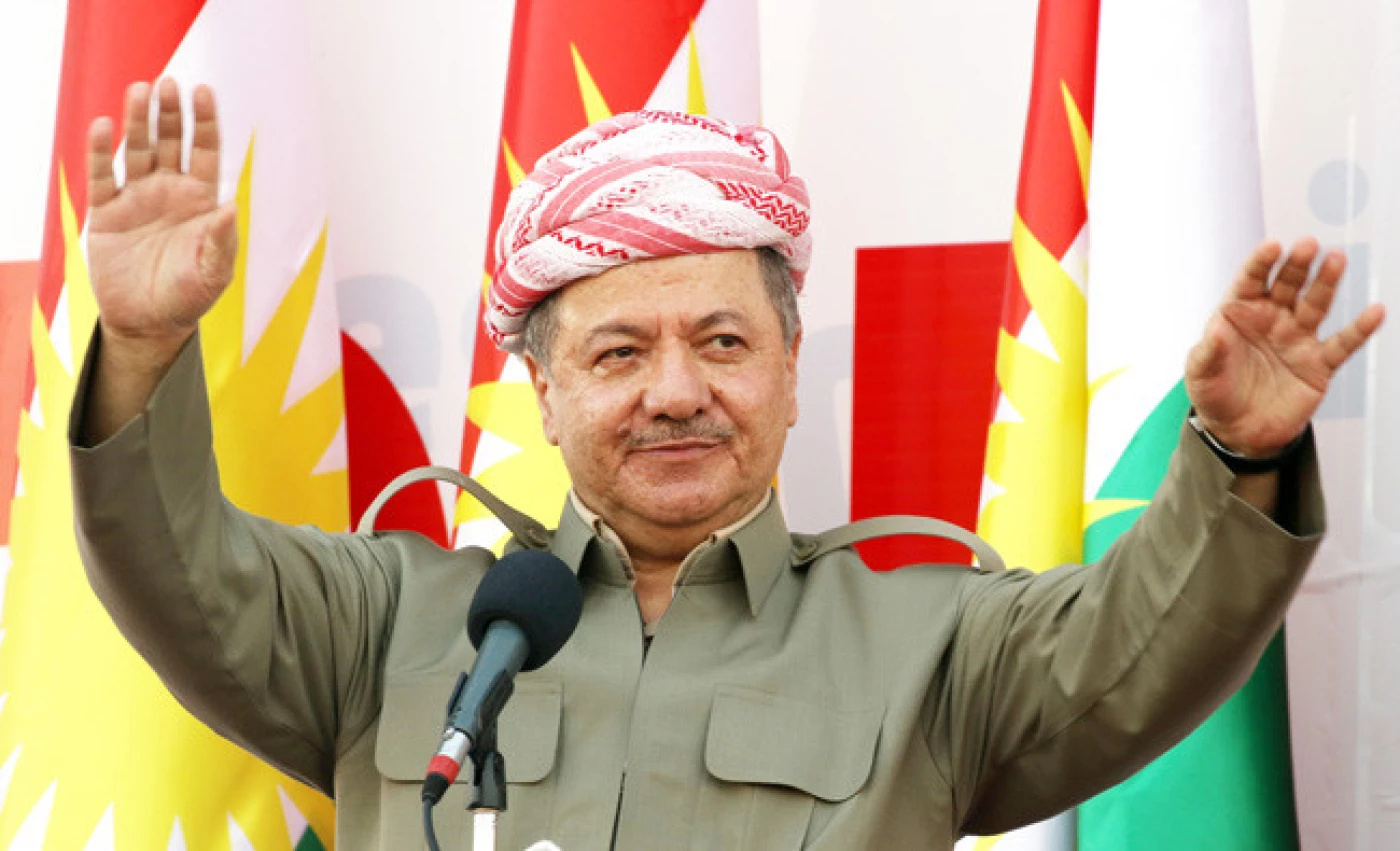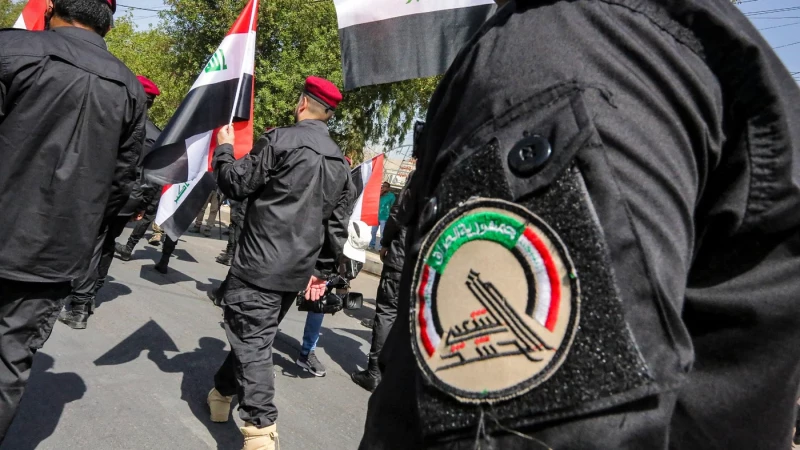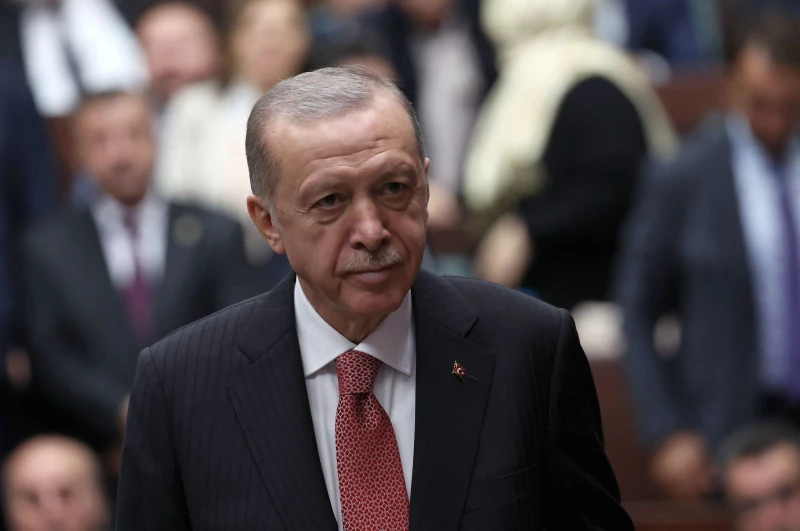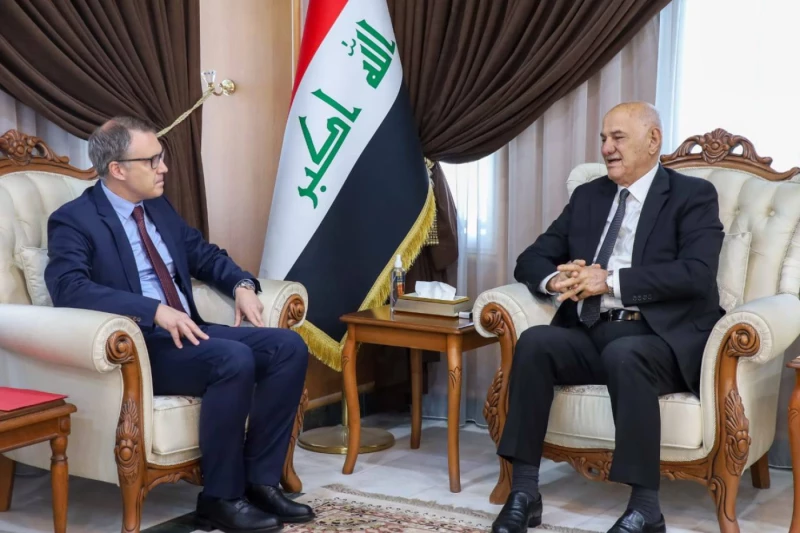ERBIL, Kurdistan Region of Iraq – Former President of the Kurdistan Region and Head of the Kurdistan Democratic Party (KDP) Masoud Barzani has sent a message to Iraqi Prime Minister Mohammed Shia’ al-Sudani in regard to ongoing issues between Erbil and Baghdad over the disbursement of the Region’s civil servant salaries.
After a recent letter by Iraqi finance minister Taif Sami last week where she said that they are “unable to continue funding the Region,” President Barzani sent a message to Sudani through Deputy Speaker of the Iraqi parliament Shakhawan Abdullah, who said Tuesday that he had met with the Iraqi premier on Sunday and relayed President Barzani’s message.
Sami’s letter argued that the Region had exceeded its 12.67 percent of the annual budget, totaling 13.5 trillion dinars. Sami claimed that from 2023 until April 2025, the Kurdistan Region had handed over only 598.5 billion dinars out of its total combined oil and non-oil revenues of 19.9 trillion dinars.
President Barzani asserted in his message that “under no excuse” can the salaries of civil servants be suspended, especially when the “Eid al-Adha is ahead of us,” Abdullah said in a statement, citing the top Kurdish figure.
During the meeting, Abdullah, along with Iraqi Foreign Minister Fuad Hussein and Construction Minister Bangin Rekani, discussed an overview of “all of the details and technical and financial issues and reasons” hindering the disbursement of the Kurdistan Region’s civil servant salaries with Sudani, according to the deputy speaker’s statement.
The letter by Iraq’s finance ministry has sparked outrage among Kurdish officials both in Baghdad and the Kurdistan Regional Government (KRG). Both Hussein and Rekani, ministers at the federal government, did not attend Tuesday’s meeting of Iraq’s Council of Ministers, chaired by Sudani, as a stance against the decision.
Head of KRG’s Baghdad office Faris Isa on Wednesday warned that the Kurdistan Region “is not as weak as some think it is,” saying that Erbil “has many pressure cards and solutions, legal and constitutional, as well as our partners at home and the international community.”
Civil servants in the Kurdistan Region have borne the brunt of a long-standing budgetary conflict between the Iraqi government and the KRG. Economic sanctions and pressure on Erbil by federal authorities have forced employees in the Region to live from paycheck to paycheck.


 Facebook
Facebook
 LinkedIn
LinkedIn
 Telegram
Telegram
 X
X



